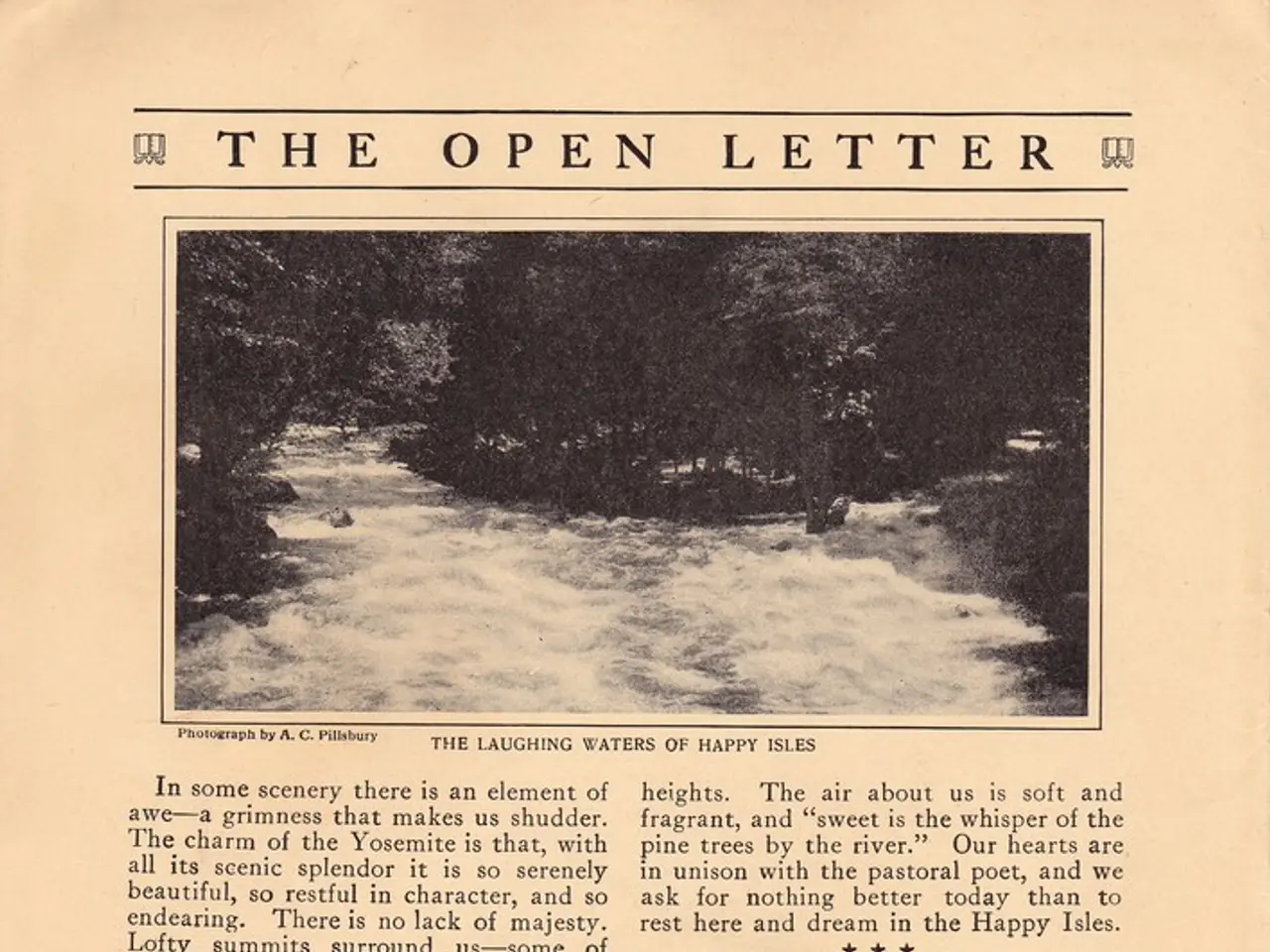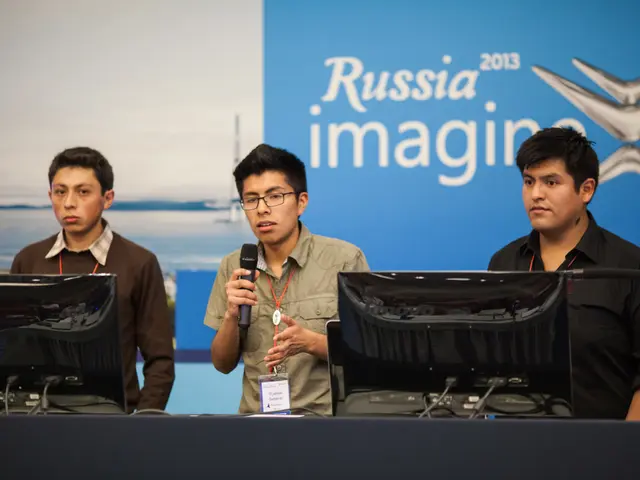Unauthorized endorsements for Mayor Adams' re-election campaign expose insufficient law enforcement oversight
In the bustling city of New York, the mayoral race has been a hot topic of discussion. Recently, an investigation by a certain website has shed light on potential issues surrounding the signature gathering process of the winning candidate, Eric Adams.
Mayoral candidates in New York City are required to submit thousands of signatures to the Board of Elections to appear on a voter's ballot. In May 2021, Adams' campaign submitted nearly 50,000 signatures for a pair of ballot lines. However, the city's Board of Elections does not vet or verify the names on these ballot petitions.
The investigation found patterns of forgery and fraud in the signatures submitted by the Adams campaign. Dozens of New Yorkers claimed their signatures were forged or that they were misled into signing.
Deputy Executive Director Vincent Ignizio, who oversees the Board of Elections, has stated that it is up to local district attorneys to decide whether to investigate the signatures submitted by the Adams campaign. Spokespeople for the city's five district attorney's offices have declined to comment on the findings of the investigation.
Ignizio has emphasized the importance of preventing fraud in the elections process and the petitioning process specifically. He clarified that challenging petitions is a process that is up to the public or other campaigns. However, during the heat of the Democratic primary, candidates reported not having enough time to review and challenge Adams' signatures.
The city's reliance on peer enforcement in the election system has been shown to undermine it. The petitioning system, designed in the 19th century, is being questioned as to whether it is still up to the task.
Under city law, challengers had less than a week to object to any of the signatures submitted by Adams' campaign. The Board of Elections, according to Ignizio, is a ministerial agency that follows regulations established by state lawmakers. The New York City Board of Elections is also responsible for investigating signature fraud.
Ignizio has also clarified that the deadline for campaign finance disclosures tied to matching funds, which Adams filed his signatures at, did not influence the process.
As the city moves forward with the election, these findings have sparked a conversation about the integrity of the signature gathering process and the need for reform in the petitioning system.
Read also:
- United States tariffs pose a threat to India, necessitating the recruitment of adept negotiators or strategists, similar to those who had influenced Trump's decisions.
- Weekly happenings in the German Federal Parliament (Bundestag)
- Southwest region's most popular posts, accompanied by an inquiry:
- Discussion between Putin and Trump in Alaska could potentially overshadow Ukraine's concerns








